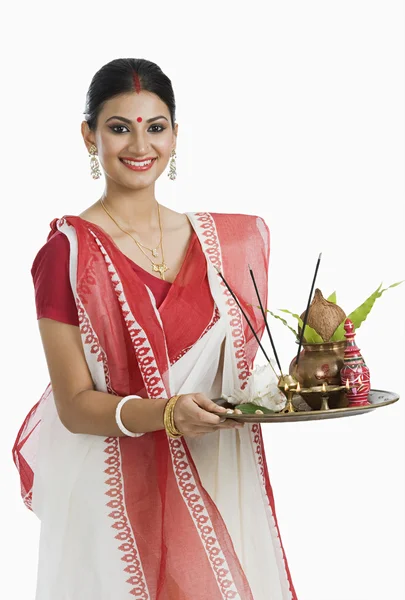

But as he explained, I realised that family in Bangladeshi culture is so much more important than it is back home. Shamim is well-educated, with a Masters’ degree in social anthropology, and generally seems to be modern and progressive in his outlook. So I was initially surprised when he said he agreed with the arranged marriage. With no social security or welfare, parents depend on their sons to support them in old age – just another reason why girls are seen to be a burden. Shamim is the only son in the family so, once he is married, his parents will live with him and his new wife. Shamim’s father is a successful businessman and his fiancée comes from a religious family.

It’s a good match for his family and for his fiancée’s. It’s an arranged marriage to a local girl of eighteen, whom Shamim met once at a party a few years ago. He dropped this little bombshell on me a few weeks ago, completely out of the blue. My counterpart, Shamim, is getting married. This has not been my only experience of marriage traditions during my time in Bangladesh. Teenage mothers are twice to die in childbirth and babies born to mothers under fourteen are fifty per cent more likely to die than those born to mothers aged over twenty, a situation compounded by the poor levels of health care in the country. Early pregnancy carries significant health risks including higher maternal and infant mortality. Girls who marry young face intense pressure to become pregnant in Bangladesh, it is estimated that a third of girls aged between fifteen and nineteen are mothers or are pregnant. After a year, fourteen children had dropped out: seven girls, all due to early marriage, and seven boys who had gone to find work in the garment factories. Marrying early significantly increases the chances that they will drop out of school, limiting their future choices.ĭuring a Community Action Day on the Importance of Education, a local primary school teacher told us that twenty-eight of her pupils had gone on to the high school two years ago. Such marriages are also a way for families to build their social status and to protect girls’ sexuality in an environment that is perceived to be unsafe – sexual harassment and assault are all too common and even the rumour of an inappropriate relationship can permanently damage a girl’s reputation, that of her family, and her future prospects.Įarly marriage is a widespread problem in Bangladesh, which has the world’s worst record on child marriageĬhild marriage has serious consequences for girls.

Dowry payments, which are a relatively new but growing phenomenon in Bangladesh, are lower when the girls are younger, acting as another incentive for families to marry their daughters at a young age. Young girls are often considered an economic burden to their families prevailing cultural attitudes mean that it is still difficult for girls to work and earn an income.įor families, marrying their daughters to older men in different families is often a family survival strategy. Poverty and a traditional patriarchal society combine, particularly in rural areas, to keep the rate of child marriage elevated despite national legislation. More than a quarter of girls are married before they reach fifteen. Despite our affection for the family, none of us want to condone what is an illegal marriage and something that goes against the very goals of our project.Įarly marriage is a widespread problem in Bangladesh, which has the world’s worst record on child marriage: according to UNICEF, nearly two-thirds of girls are married before the age of eighteen. The legal age for marriage in Bangladesh is eighteen for girls, twenty-one for boys. This should be a cause of excitement and happiness for us all. But Mukhti is under-age. All of the volunteers have been invited to attend and the female volunteers have been invited to participate in a pre-wedding ceremony that involves painting your body with tumeric. She is the eldest daughter of one of the host-families, a family that I have grown close to over the past twelve weeks. This Friday, one of our host-sisters is getting married. Vix is a Team Leader in Bangladesh with our International Citizen Service (ICS) youth volunteering programme. Here she takes a sensitive look at the complex issues of child marriage and family loyalty in Bangladesh. The legal age for marriage in Bangladesh is eighteen for girls, twenty-one for boys


 0 kommentar(er)
0 kommentar(er)
